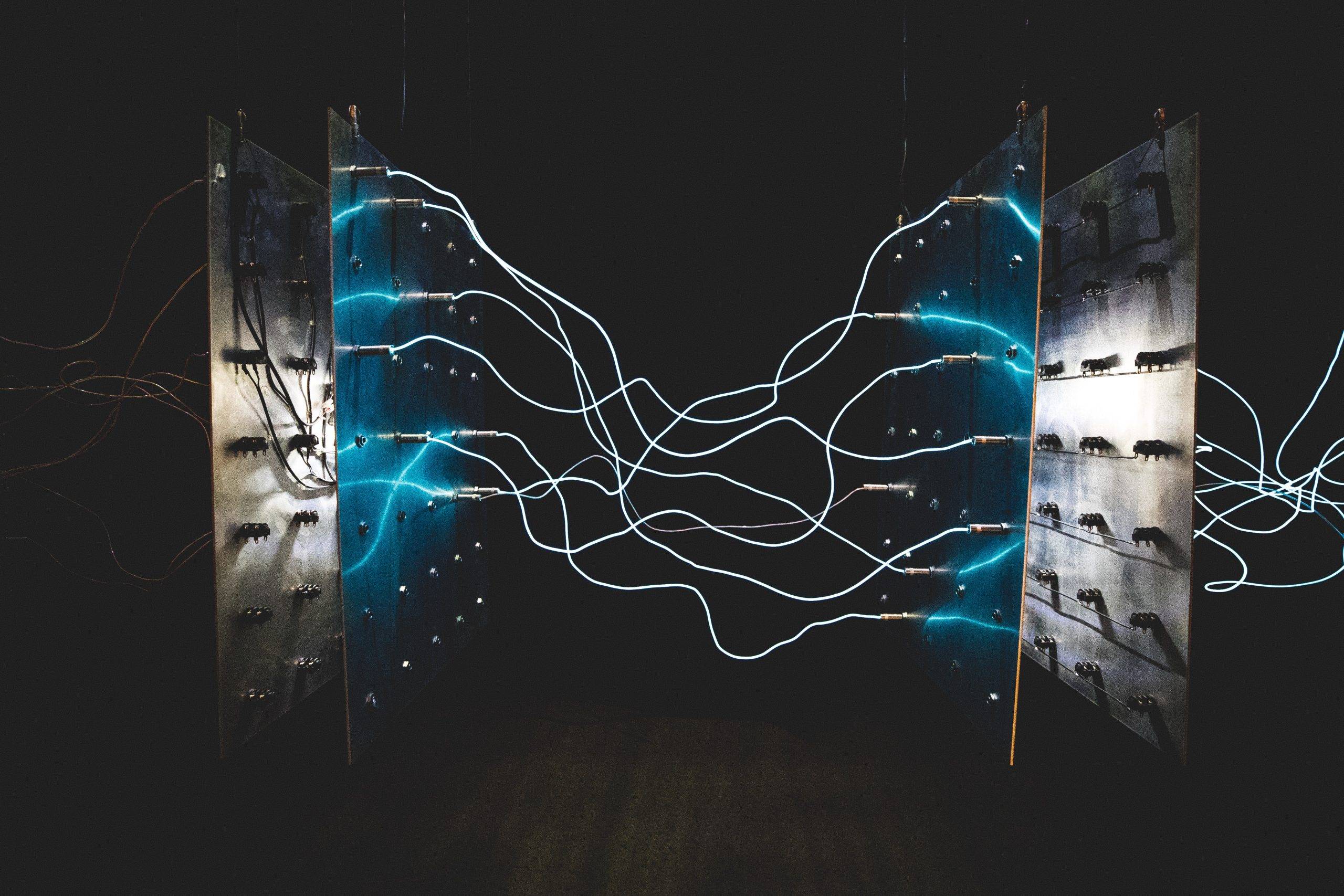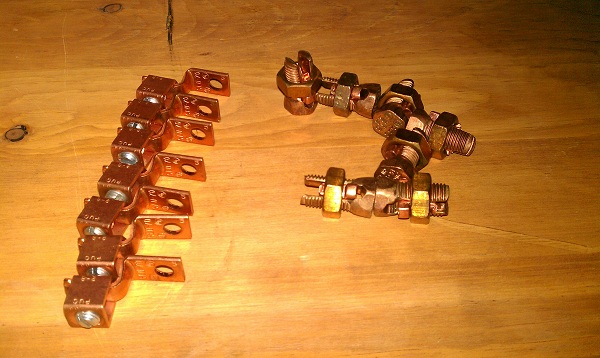Hi all, we purchased a house with an inground pool this past fall/winter and I've been reading up on how to manage myself as a maintenance company seems like it will get very cost prohibitive very quickly.
Some background: Our pool is inground with a vinyl lined interior, with an estimated volume of about 23K gallons. Our inspection report of the pool was largely very positive, with a few caveats to note. I wanted to ask the group to see if these caveats are pool novice DIY friendly, or if I should proceed with having a professional group open the pool to triage these problems:
- Use of chlorine tablets, with a few found in the skimmer at the time of inspection, which is not recommended. The return line has a chlorine tablet feeder as well, which I've read mixed reviews about on the forums. Wondering if I should abandon this feeder and move to liquid chlorine for the pool exclusively, and if so, does the tablet feeder have to be removed?
- "Mounted on the house is the breaker panel for the pump. The breaker is of the proper amperage but should be a GFCI style breaker." - Understand this is something that should probably be replaced (much like GFCI outlets in bathrooms/kitchens), but is it a pressing fix?
- "Currently, the wire from the pump motor is not secured properly to the bond wire running to the deck. This needs to be corrected." - Would be happy to send a photo if it would be helpful to better understand this issue.
- "There is a single light in the east wall of the pool that appeared to be a fiber optic pin light. I did not observe a light tower to which the optic strands would be attached." - Is there a way to try and diagnose this myself?
Thank you in advance for any and all advice!
Brad
Some background: Our pool is inground with a vinyl lined interior, with an estimated volume of about 23K gallons. Our inspection report of the pool was largely very positive, with a few caveats to note. I wanted to ask the group to see if these caveats are pool novice DIY friendly, or if I should proceed with having a professional group open the pool to triage these problems:
- Use of chlorine tablets, with a few found in the skimmer at the time of inspection, which is not recommended. The return line has a chlorine tablet feeder as well, which I've read mixed reviews about on the forums. Wondering if I should abandon this feeder and move to liquid chlorine for the pool exclusively, and if so, does the tablet feeder have to be removed?
- "Mounted on the house is the breaker panel for the pump. The breaker is of the proper amperage but should be a GFCI style breaker." - Understand this is something that should probably be replaced (much like GFCI outlets in bathrooms/kitchens), but is it a pressing fix?
- "Currently, the wire from the pump motor is not secured properly to the bond wire running to the deck. This needs to be corrected." - Would be happy to send a photo if it would be helpful to better understand this issue.
- "There is a single light in the east wall of the pool that appeared to be a fiber optic pin light. I did not observe a light tower to which the optic strands would be attached." - Is there a way to try and diagnose this myself?
Thank you in advance for any and all advice!
Brad






